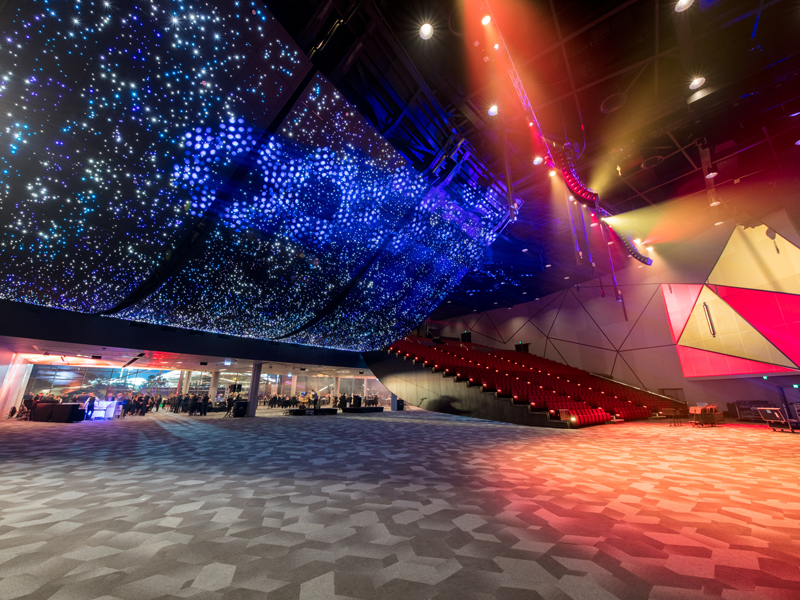 Latest updates on the 2022 AIP Congress
Latest updates on the 2022 AIP Congress
We’re excited to catch up with you at the AIP Congress in Adelaide this December. So far, we’ve had close to 800 abstract submissions and the committee are working tirelessly to put them together into an excellent scientific program for you to enjoy.
This year’s Congress will be held at the Adelaide Convention Centre from 11 – 16 Dec.
It will be co-located with the Australian and New Zealand Conference on Optics and Photonics (ANZCOP) in addition to the Workshop of Specialty Optical Fibres (WSOF).
The program currently features the following focused sessions:
- The culture of Physics and Research
- Metaphotonics and Metasurfaces
- Unveiling emergent Physics of Novel Functional Materials with Neutron Scattering
- Australia’s Future in Gravitational Wave Physics and Astrophysics
- Time Crystals
- National Vision for Nuclear Science and Applications
- Strong Interaction Dynamics and the Pursuit of Fundamental Symmetries
- Quantum Biotechnology
Early bird registration ends this month
Register now for the AIP Congress and take advantage of the early bird registration discount, which ends on 30 Sep. Members of the AIP also enjoy a further discount. See here for more details.
If you’re a postgraduate student and don’t already qualify for Member registration for the AIP Congress, join the AIP as a member full-time student for only $30. This offer is available until 1 November 2022 and applies to full-time postgraduate students who hold a recognised bachelor's degree with a physics major.
Note that Student Associates (free online members) are not considered AIP members and thus need to pay the non-member student congress registration fee. To make use of the Member discount for congress registration, Student Associates need to apply to be an Associate Full-time Student or Member Full-time student. Students can apply for AIP Membership through https://aip.org.au/Member-(MAIP) or https://aip.org.au/Associate-Member, or click ‘change’, next to their Membership Level in their AIP Student Associate profile.
Standard registration is open until 2 Dec.
Please visit the official Congress website for regular updates.
A stellar showing
Astrophysicist superstar Professor Tamara Davis AM (University of Queensland) will present a public lecture at the Congress on the evening of Mon 12 Dec. She was our 2011 Women in Physics Lecturer.
In her lecture ‘Cosmological Conundrums and the Dark Side of the Universe’, Prof Davis will talk about the latest updates on dark energy, dark matter, black holes, and gravitational waves so you can update your cocktail party conversation.
Prof Davis’ current work aims to make precise maps of dark matter, determine whether dark energy changes with time, and measure the mass of a neutrino, amongst other things. She previously helped make one of the largest maps of galaxy distribution in the universe and measured time-dilation in distant supernovae as well as the growth of supermassive black holes.
She was also recently featured in Carbon: The Unauthorised Biography, a documentary film from Emmy-awarding Australian company, Genepool Productions.
Other confirmed speakers include plenary speakers A Prof Ania Bleszynsky Jayich (University of California, Santa Barbara; 2021 Frew Fellow) and Prof Donna Strickland (University of Waterloo; 2018 Nobel Prize Laureate and 2019 Frew Fellow). In unfortunate news, Prof Kip Thorne (Caltech; 2017 Nobel Prize Laureate) has had to cancel his trip to Australia and his plenary talk.
A full list of plenary speakers can be found here.
Meet the AIP National Exec and Branch Chairs
Do you have suggestions for AIP initiatives, want to express concerns about research and grants etc., or simply want to meet the people that run the AIP?
You’ll have the opportunity to chat in-person with the AIP leadership during the ‘Meet the Exec and Branch Chairs’ session of the Congress.
We would love to meet our members and to hear your feedback on how the AIP is run.
Further details TBA.
Photo: Inside the Adelaide Convention Centre. Credit: NW Group.
 Cognates
Cognates Site Navigation
Site Navigation
